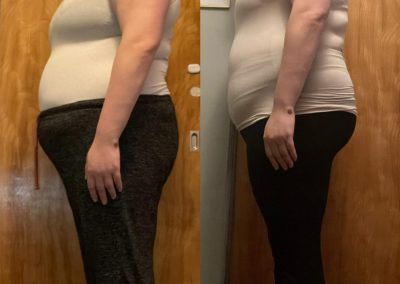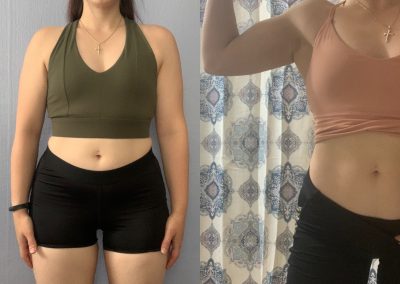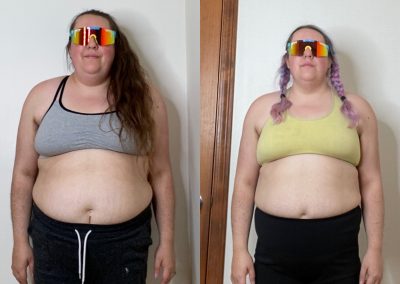
Lose Weight
Get Strong
Eat Pizza

Lose Weight
Get Strong
Eat Pizza
Learn How To Calculate The Calories You Need To Lose Weight

Learn How To Get Strong As Hell

Hey there, I’m Nick
I like deadlifts, iced coffee, and Taylor Swift songs. Yes, really. I know them All Too Well.
I also really like helping people with their fitness.
Like these wonderful and amazing people
These are real people, just like you.
They all have had their own struggles.
Complete with moments of frustration, and contemplation of giving up.
What do they all have in common?
Every. Single. One of them had someone believing in them.
Not just me.
Themselves.
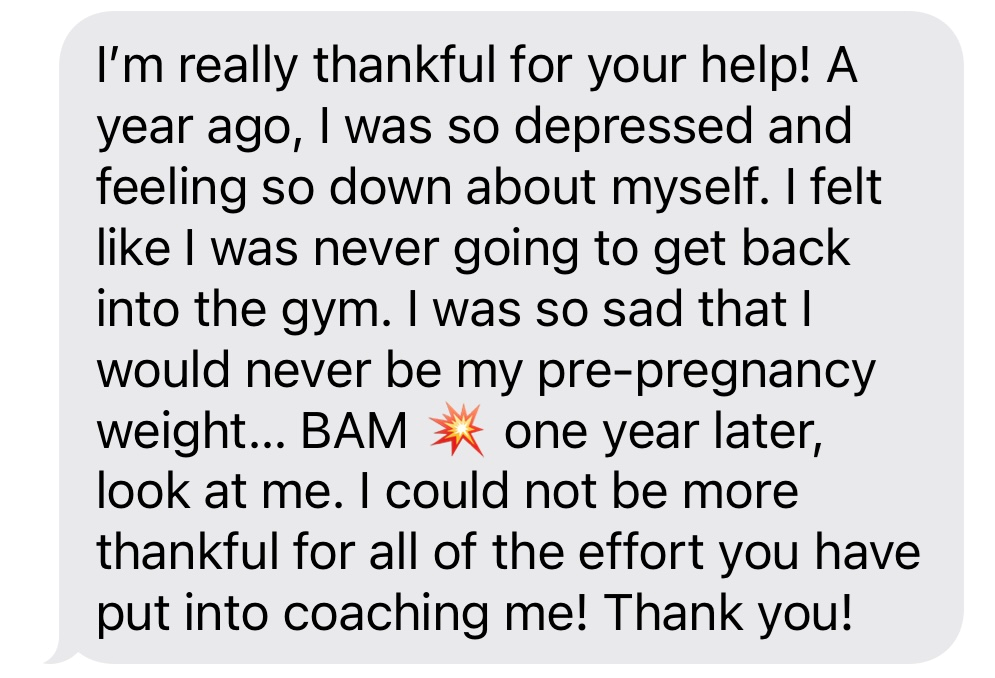
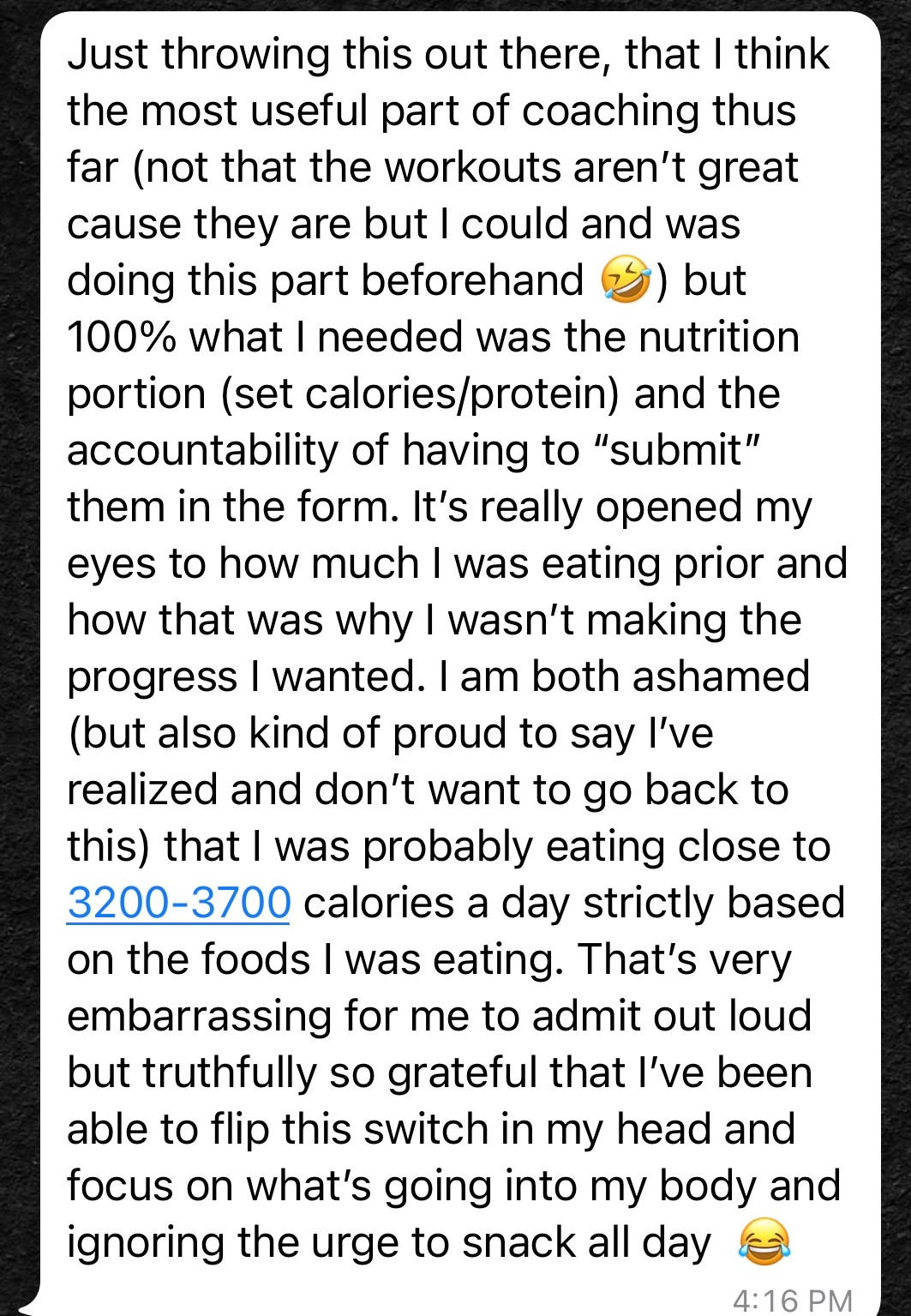
Recent Articles
How To Brace Your Core For Lifting
If you've ever been lifting in a commercial gym, you've probably heard a trainer in there with a cutoff tee shouting "brace your core!", with absolutely no context of how to do it. Or maybe you've heard a trainer in an...
Does Sore Muscles Mean Muscle Growth?
Does sore muscles mean muscle growth? If you've lifted weights before, you've felt sore muscles before. You woke up the next morning after your workout feeling like you got hit by a Greyhound bus that exclusively...
How To Lose Weight And Eat Whatever You Want
You've probably been told that if you want to lose weight, you have to eat a certain way. But what if I told you that you could lose weight and eat whatever you want? Have you ever tried a diet where the number one...
